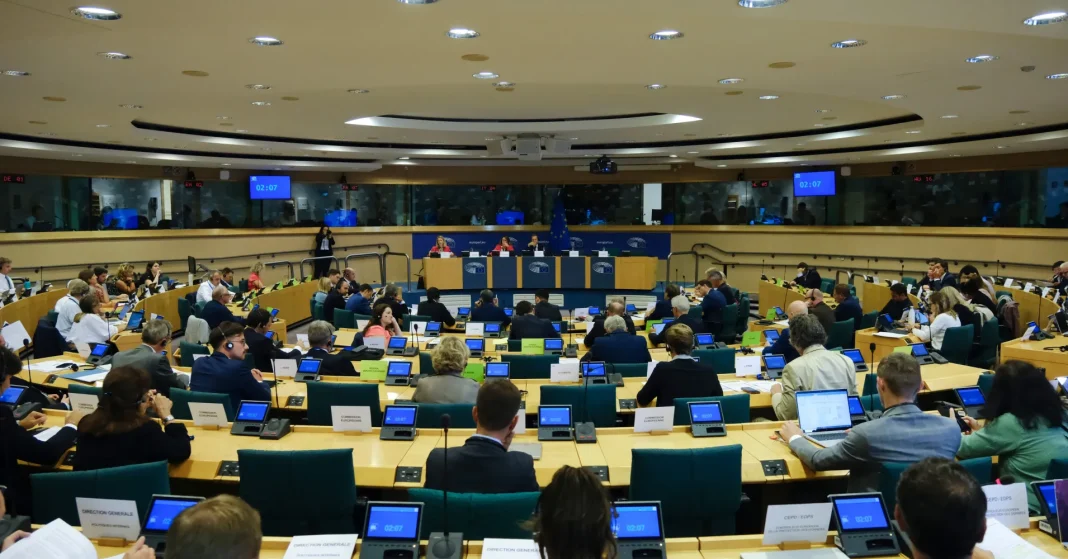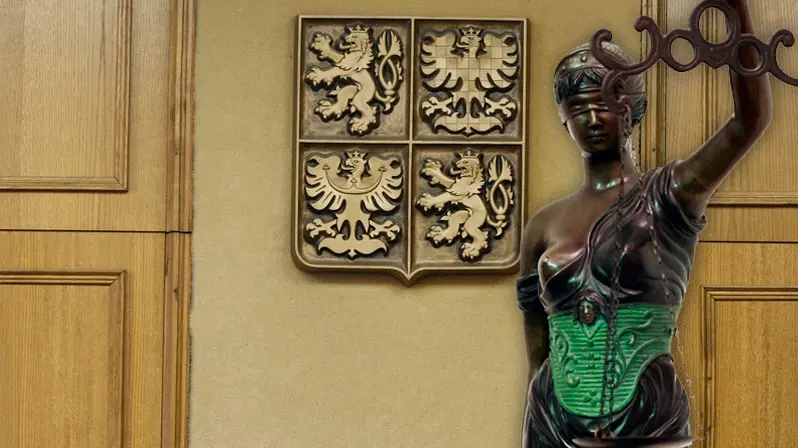The Czech Republic has formally requested an exception from its obligations to contribute to migrant quotas set by the European Union. This move comes as data shows a decrease in illegal border crossings within the EU, raising questions about the overall migration strategy.
Understanding the Request for Exception

The Czech government has expressed concerns regarding its ability to accommodate the EU’s migrant quotas. Officials argue that the country’s infrastructure and resources are insufficient to support the current demands, which is why they have appealed for an exception. This request highlights the challenges faced by smaller EU nations in balancing union obligations with domestic capabilities.
This appeal is part of ongoing negotiations between EU member states concerning the distribution and management of migrants and asylum seekers. The Czech Republic’s plea underscores the need for flexibility within the EU’s framework to address varying national circumstances and capacities.
Decrease in Illegal Border Crossings

Recent reports indicate a decline in illegal border crossings into the European Union. This trend is largely attributed to strengthened border controls and cooperation with non-EU countries to manage migratory flows effectively. Enhanced surveillance and the use of technology have also played crucial roles in mitigating illegal entries.
The reduction in illegal crossings may ease some pressures on EU countries, potentially influencing policies and discussions around migrant quota enforcement. However, the decrease alone does not resolve the complex socio-political challenges associated with migration within the EU.
Implications for EU Migration Policy

The Czech Republic’s request, coupled with declining illegal crossings, could catalyze a reevaluation of EU migration policies. There is an ongoing debate on how to create a more equitable system that addresses the fears and limitations of member states. This requires balancing humanitarian responsibilities with practical considerations on capacity and integration.
Member states are actively discussing reforms to ensure that policies are both effective and fair. The Czech position, highlighting national constraints, may find resonance with other countries facing similar difficulties, pushing for adaptive rather than uniform approaches to migration.
Regional and International Reactions

The Czech Republic’s position has received mixed reactions. Some EU countries support the need for flexibility considering national circumstances, while others stress solidarity and collective responsibility as fundamental principles. The EU Commission has yet to make a definitive decision on the Czech request but acknowledges the complexity of the situation.
International human rights organizations have called for the EU to maintain its commitment to providing refuge and assistance to those in need, emphasizing that any policy adjustments must uphold humanitarian standards. The outcome of this request may set a precedent for future negotiations within the EU migration framework.
The Czech Republic’s appeal for an exception highlights ongoing dilemmas faced by EU nations in managing migration effectively. As discussions continue, the balance between humanitarian obligations and national capacities remains a pivotal point of focus.





